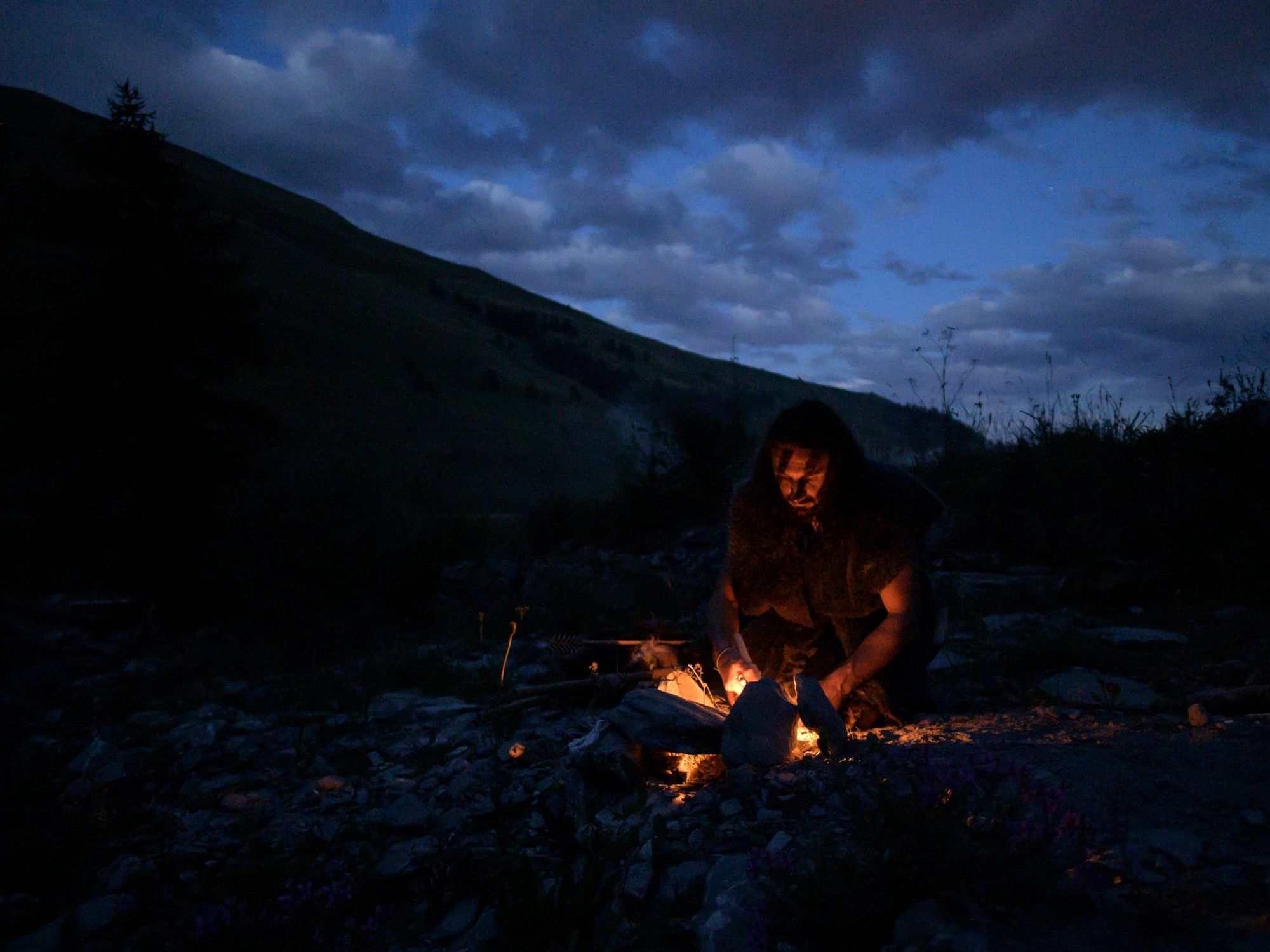We have a particularly British problem with the ECHR - Steven Barrett
Barrister Steven Barrett explains why we Brits struggle with the ECHR
Don't Miss
Most Read
The ECHR has recently been use to prevent the deportation of some serious criminals. Inevitably, people get very angry about that. They feel they don’t control their own country, and they don’t.
They look across and they see France, Italy and some others doing things which are obviously a breach of the ECHR, but nothing happens.
And that’s part of our very British problem with the European Court of Human Rights: we take it seriously.
We want to. It’s instinctive in our nature.
Just look at America. Lawyers are held in extremely low regard. Despite that cultural influence, rudeness towards lawyers, particularly barristers and judges, simply never took hold here in Britain.
Britain is a Rule of Law country and whatever damage my fellow barristers may do to our reputation on Twitter/X, the public still respect us.
And that’s a very British problem, particularly if the ultimate court in your legal system isn’t terribly reliable.
In its defence it is made up of 46 largely legal academics from 46 very different places and very different legal systems.
I suspect that there are orders of monastic nuns who are better in touch with popular culture.
And as well as our very British problem with the European Court of Human Rights, we have a second very different very British problem with the European Convention on Human Rights – the actual rights themselves.
What’s the problem? They’re vague.
We developed a legal system over 800 years that is widely regarded as the best in the world. And we didn’t do that by being vague. Over years we have beaten law into shape. We have carved it into clarity.
Let’s take Article 8, the right that stops these deportations. It says: “Everyone has the right to respect for his private and family life, his home and his correspondence”. What on earth does that mean?
The rights themselves aren’t just vague. In many cases they are gibberish. I studied all of this 25 years ago and it was obvious then that this isn’t real law in any sense that Britain culturally understands it.
And why are we culturally different? Well, over time, both our islands were conquered by Normans. And Normans weren’t very nice. I never really object to the (often inaccurate) film Braveheart because the Normans were often vile.
LATEST OPINION FROM MEMBERSHIP:
- Diane Abbott said Kaba was 'going about his daily life.' I'm still waiting for her apology - Kelvin MacKenzie
- Rachel Reeves is plotting to hike ancient tax which shouldn't exist at all - Nigel Nelson
- Kaba was a violent scumbag - why was his past kept secret and why was Sgt Blake EVER charged? - Kelvin MacKenzie
In the beginning, they’d throw us in dungeons and nick our stuff. Which is why one of our first ideas of a fundamental right is property ownership.
But we didn’t just trust the Normans. We never wrote some vague ‘right to property’. No, we made sure that we had extremely specific and detailed rules that we could all know in advance. That level of detail is what we knew would genuinely protect us.
Vague and nebulous ‘rights’ can’t keep you safe if you don’t really know what they mean. I walked away from Human Rights Law after I’d learned it. We were told it’s changed the world I work in (it didn’t, it slowly died).
I work in what I consider ‘proper law’. And many of us who do think a British Bill of Rights will be equally bad for vagueness.
We gave the continent guiding principles of law to prevent them committing more atrocities. It was never meant to micro-manage deportations or anything else.










